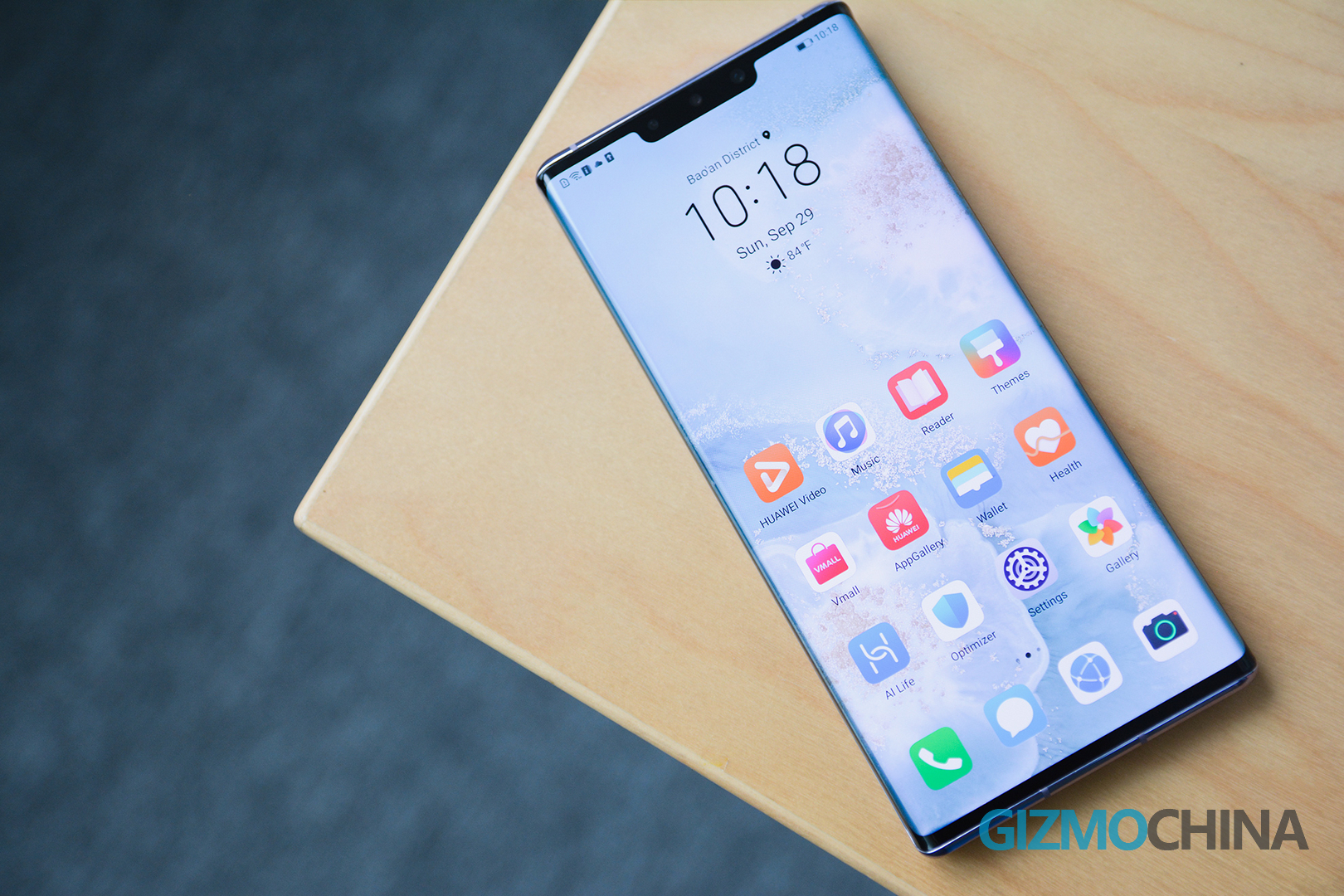Huawei launched the next-generation Mate 30 series flagship smartphones last month in China, making them the first set of devices from the Chinese giant to come without support for Google apps and services because of the ban on the company from the United States.
But there was a workaround available which enabled users to install Google apps and services on the Mate 30 series phones. However, a report published last week raised concerns related to the security issues by using the workaround and soon after that, LZ Play app, which was the workaround for installing Google services was shut down.

Now, in the latest development, it is being reported that the Google Mobile Services on the Huawei Mate 30 Pro can still be installed easily and successfully. It claims that all the applications got installed and worked immediately and are continuing to work perfectly without any issues.
The report also addressed concerned about Google Pay service not working. It claimed that the issue is related to EMUI, the custom user interface from Huawei. It adds that Google Pay conflicts have been reported on other Huawei devices as well, including those phones which are running full Google Mobile services.
EDITOR’S PICK: HTC stopped innovating on smartphones, admits new CEO Yves Maitres
However, the report has not mentioned that it’s the same workaround which has been shut down. If so, it has not mentioned how they got access to the LZPlay given that the website LZPlay.net is still down.
Till now, Huawei Mate 30 series smartphones were limited to China only and thus, there was no issue about the absence of Google Play services on the devices. However, the company has not started rolling out devices to other markets, starting with Malaysia. Access to Google services outside China is crucial and most Android users rely on its apps and services for various day-to-day tasks.
In the absence of support from Google, Huawei is pushing developers to work for its own app store which is called Huawei App Gallery. The company is also ready to pump in over $1 billion to establish its app store. In remains to be seen if this new experiment from Huawei becomes successful because many companies have tried to make their own app ecosystem and have failed.
UP NEXT: Sony Xperia 8 launched in Japan with 21:9 display, Snapdragon 630 SoC and 12MP dual cameras
(Source)





